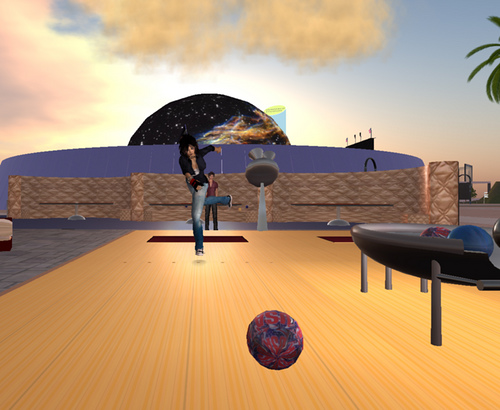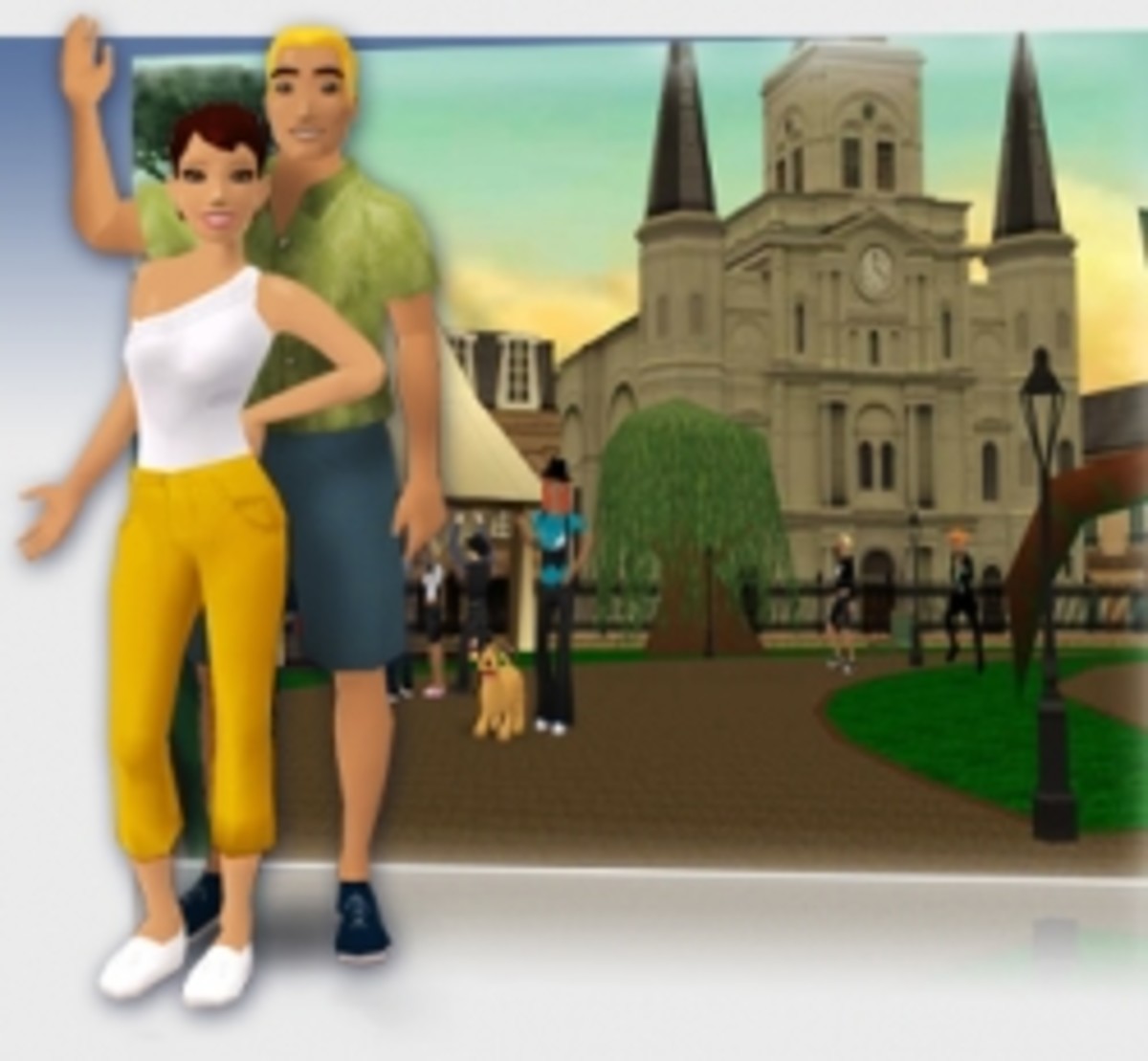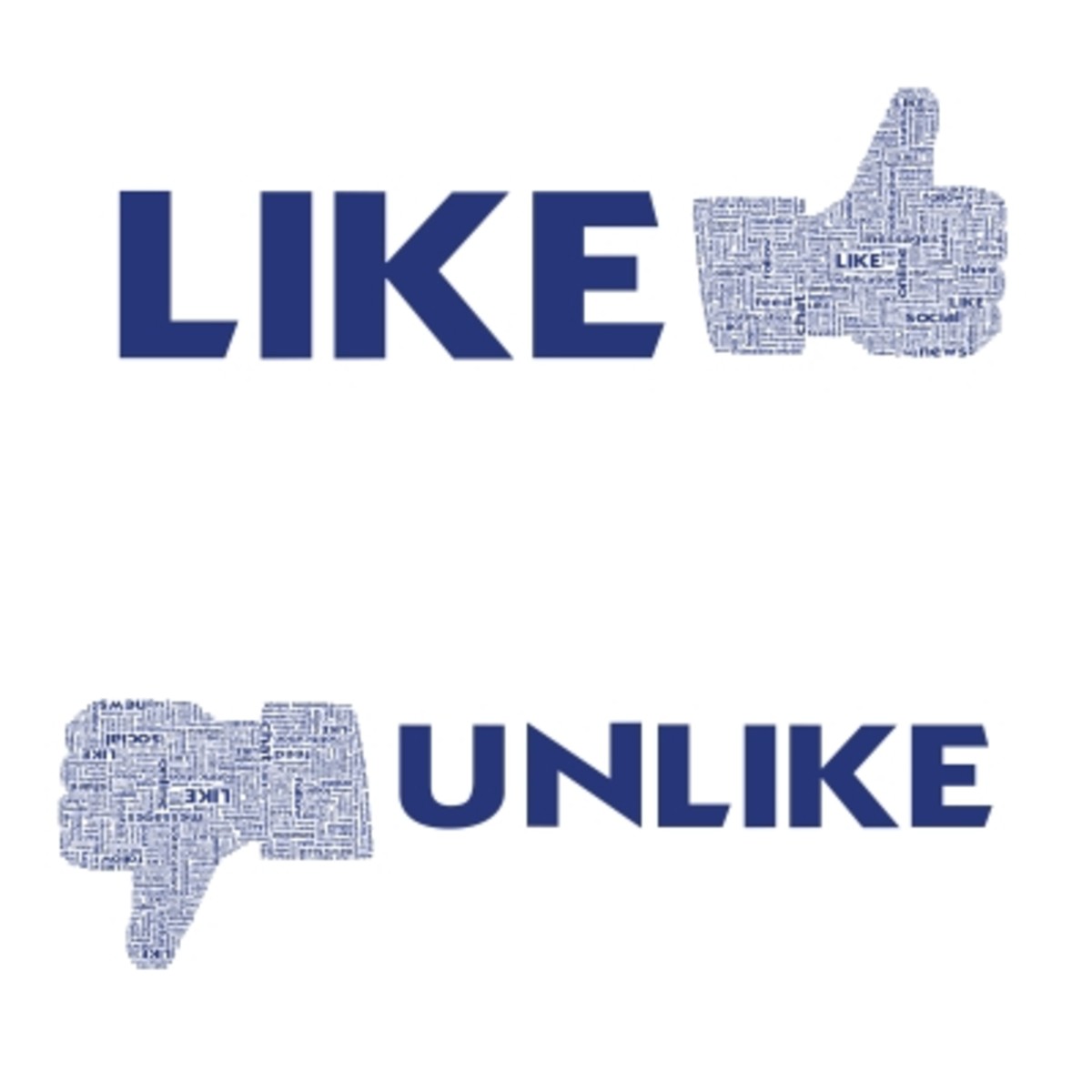CONTROVERSY of INTERNET - Is It REAL or VIRTUAL WORLD?

Through many years of WWW popularity many people assume that Internet is just virtual world and that real world exist only aside of Internet. Is it really so, or we just have illusion that our online activities could not be "real"?
Let us analyse situation.
Today we can find all possible human activities online:
- people intensively connect and communicate on line
- people have all sort businesses set up on Net
- people are banking online and use it for their financial transactions
- people learn online
- people even graduate through online distant learning programs
- people shop on Net
- all medias we need we can find online: movies, TV, newspapers, books, music... informing us or entertaining us
- people build all sorts of relationships and perform all social interactions on Net - they love and hate online with the same energy and passion they do it off line.
- people have various sorts of sexual activities online
- people receive spiritual / religious teachings
- people play 3D games that are creating completely new alternative reality that consists of all possible human actions one can imagine in "real world"
It is time that we face that "virtual world" of Internet is not virtual at all - Internet is our reality, and we obviously cannot change it any more. There is not much difference between "cyber world" and the rest of life -they are completely interconnected , whatever we try to think about it. It is even more to it - for WWW world we can be completely sure that this dimension is human creation only, for the material world we can still blame aliens or gods when something goes wrong.
Many people would try to say that it is still one important thing missing - the physical contact with other people, but our brains are wired on the way that we can pretty successfully replace physical touch with our vivid imagination. Anyway, except for relationships (love, family, friendship) and sex, physical touch with others is obviously not needed in majority of human activities, what proves the fact that every day people are more and more online and much less off line.
People are involving themselves to the Internet world so deeply that very soon whoever decides not to be on line, anywhere in the world, will stay completely isolated from the rest of human society..,
Why we have become so obsessed with need to transfer all possible parts of our human life online?
Is it just normal reaction to the fact that human population is rapidly growing so "virtual" life gives us this minimum of private space we need ? Maybe we need some distance from intensity of direct human-to-human contact that we can more easily keep only while on line? We obviously need more space, and space is on line more cheaper and more available then in material world.
With the WWW magical technology we can so easily connect with people, places, knowledge and opportunities we could never come in touch in our "normal" "down to the earth" life, so it is so easy to get hooked to it. It is like you give to the child long-life free access to the candy store. For sure, Internet offers a lot of nice wrapped candies, and people every day want more and new things to happen to them in this World of Oz where all wishes can come true.
Of course, Internet is becoming much more then offering people shining candies only - Internet allows people to actively co-create new reality, new alternative worlds and dimensions that are becoming for many much more interesting and inventive that things we see on this planet, what is most obvious in 3D social games.
The fact is that after some time of being ingaged in on line activity, our brains cannot clearly distinct imagination from what we call reality, especially if we perceive things visually and while our own energy is very actively involved (typing, logging, creating avatars, performing various activities etc.). For years scientists perform testings that show that brain does not perceive any difference between vivid imagination and material world activities - our bodies on both react completely the same.
.

What people mostly do while on line ?
.
There are three activities people do the most while on line:
1.sex - that you can find almost everywhere on line
2. social networking and blogging (that is interconnected)
3. social games (that include various on line activities)
1.
When I mean sex, I do not think only on abundant world or pornography that is present here. On line intimacy is much more then pornography. Many users see on line world as set of opportunities for all sorts of sexual activities that can be done among Internet users.
Is it good or bad ?
Well, if humanity continues in following decades to be even more actively engaged in on line intimacy, we can maybe count on serious dropping down of STD and sex crime. After being so active on line, there will not be much energy left for off line adventures, what is very good if we consider the fact that excess of sexual energy is major cause of sexual molesting, raping, all sorts of sexual slavery, so many seriously damaged marriages... it is so easy to create even wars among the people because they have excess of testosterone and adrenaline ( and suppressed sexual energy).
Many people do not intend to continue their on line adventures in material reality, (because it would be far more complicated), so I can assume that such tendency will rapidly grow. In human nature is wish that positive results happen easy and instantly when hormones are involved, what cannot happen in material world. Internet allows perfect place for complete anonymity, today everyone can surf without I.P. being tracked with help of newest browsers- and this is invented mainly because of sexual games people perform on line. Such level of privacy is just impossible in material world - what gives to the "hot surfers" even more fertile ground for "on line dependency".
While observing of average human behaviour on line we can easily come to conclusion what people really want, without trying to idealize anything. On line behaviour shows who we really are. Or who we want to become. Obviously many people (mainly men) want sex life with a lot of easily achieved pleasure, no responsibility involved, constant change of partners, without any effort and without danger of being rejected.
The number of such type of surfers will start to exponentially grow in following years, when 3D augmented technology (that stimulates all 5 senses) will be implemented on Internet.
This behaviour very negatively affects present relationships people have off line, and is very irritating for those users who are not interested in "hot on line moments", but this is another story for another Hub.
.
..

New trend in social networking - location destination sharing
.
Social networking (and blogging) is on the top place of popularity among the Internet users.
People like to connect, form various interest´s groups, support each other or competite with each other and long distance is inviting them to to that on global level, what is even more inspiring... In many cases, social networking can be exellent way how we can learn to work together and give to each other needed support.
Social networking became very developed and connected with all sorts of on line creative activities - to name only few: publishing articles, publishing photos, videos, shopping, answering questions... as well as partially became the way of earning some money - what is for many certainly additional motivation to stay on line. Social networking is also big bussiness for owners of web space who offer people the opportunity to connect - that is the reason why wiser ones decided to share part of their earnings with their users and engage them on many various ways to stay there (f.E. revenue sharing sites as HubPages)
Money is certainly not first reason why people use social networking - otherwise Facebook extreme popularity (50 millions of users) could not be explained. Chat, messaging, sharing ideas and feelings... and playing Farmville is far more interesting then earning money.
New tendency is giving even more realistic touch to the social networking, while engaging people to constantly update their status through mobile phone (with GPS), so their location can be also constantly updated on line and known to all, what is called "Location Destination Sharing":
Social networking sites like Gowala and Foursquare created games through which you are motivated to go to the certain destinations in place you live (bars, shopping centres, restaurants etc.) in order to gain gifts, better score and other virtual rewards. You also recommend new places you discover to the rest of game users. Through application that connects your mobile phone (and GPS) with website, everyone can know where you are constantly during the day - your status is non-stop visible to everyone who is on line. Of course, you can easily share your Gowalla (www.gowalla.com )or Foursquare (www.foursquare.com )"achievements" to everyone who is using Twitter (www.twitter.com ) and Facebook (www.facebook.com ), in order to make sure that really everyone finds out about places which you are visiting during the day.
For me, this is not amusing at all, because I like my privacy very much, but many users enjoy while exposing their present location to the rest of the world.
Facebook is also starting to use the same location-sharing-application for mobile phones, (from middle of August) while becoming partner with Gowalla and Foursquare, but on FB will be possible to keep location-update private among the friends only, what is not possible on mentioned two sites. At this moment, Facebook Places application is available only for Iphone and U.S. users, but this will change very soon and Facebook Places will be available worldwide..
Of course, sites like Yelp ( www.yelp.com ) and Booyah (www.booyah.com ) will very soon start to use the same application as well, because this location sharing game is obviously very infectious.
Many people are extremely excited because of that, while not thinking about many negative effects of such publick tracking of their destination through GPS, that stayes on line forever.
Obviously this world does not need secret services or police to keep the record where citizens are - community just need to invent games and everyone will be recorded and self-updated for free.
.

Controversies of 3D Social Games
3D social games are becoming every day more and more popular, and they are just a bit less popular then classical social networking.
In 3D social games, you create your own on line reality and your own "virtual" world and connect through the game with other users. You play the role you want to play and give to the others the roles you want they have in your on line life. Normally people want to achieve on line exactly the things they do not have off line.
Although such games are allegedly pure fantasy, majority of gamers are taking these games very seriously, what is not strange - like I mentioned, our brains are wired on the way that if we use a lot of imagination and invest in something time, energy, expectations and emotions, we treat that as reality. Because our reality is exactly what we THINK and FEEL our reality is.
This "secret" is very well known from inventors of the game-sites and used to actively engage people to stay there. To many people who are not content with their material life, 3D social games are seen as very promising way for fulfilling all their secret dreams , so many of users become over the time very addicted to them and are able to feel fully alive only while playing them: they transfer majority of their energy in on line life of their avatars. This is not so strange, if we keep in mind that players play games with other real people (who also transferred their energy into their avatars).
There are 3D Social Games sites like - IMVU (www.imvu.com ), Second Life (www.secondlife.com ) , SocioTown ( www.sociotown.com ), Kaneva (www.kaneva.com ), Oz World ( www.ozworld.org ), There (www.there.com ) etc.
On all these sites you can actively socialize with others , customize your avatar, create /buy virtual place where your avatar will live and create for your avatar perfect home, shop to dress avatar, travel around the world with your avatar and visit or create new places, you can have all sorts of fun in virtual social places you dare to imagine, you can even perform business on line while marketing your own business and products, or buying virtual space for your on line office.
Do I need to tell that people are in these 3D games mainly because of sex and love ?
Maybe the most controversial 3D game is Second Life (www.secondlife.com ) that tends to be the most realistic one, because it engages people to actively participate in literally all sorts of human activities. Weddings are also normal part of game,( in case your partner decides to stay with your avatar after on line sex , that is also usual among the Second Life couples) . Certainly, the most shocking part of the Second Life game is - virtual pregnancy and willingness of so many female players to become pregnant in the game and give birth to the virtual children and even become proud and celebrate birth of non-existing babies. Of course, owners of the site earn a lot of money on Pregnancy Game because of it`s extremely popularity among female users, because player must buy pregnancy, child birth and baby avatar .
Like in off line life, in 3D games everything happens - good and bad, passion and disappointments, some players meet in off line reality to continue the game, some do not, but "3D social games" are obviously much more then innocent games only and it will be interesting to see how will they affect the humanity in the near future, when new augmented technology will allow them to become much more realistic then they are now, while connecting the users with all 5 senses.
My next Hub will more deeply discuss the topic of love and intimacy on line, as well as I prepare the Hub about new augmented technology that will be able to completely glue together our real and virtual dimensions.
Copyright: Tatiana Michaela Pribic
Homeopath and Reiki teacher








